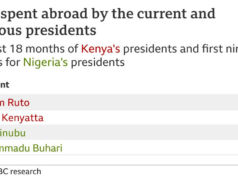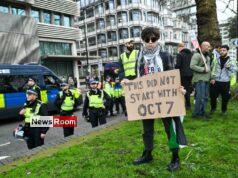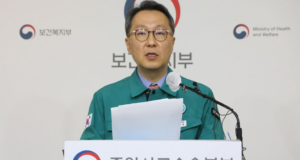Much is being spoken about educational reforms, these days. President Ranil Wickremesinghe has stressed the need to gear the education system to the much-needed economic transformation the country is seeking to achieve. A former Minister of Education, the President is au fait with global trends in the field of education, and one cannot but agree that the education sector should be reformed to prepare students for opportunities and challenges in the modern world of work.
Education should be geared to job market needs, both here and overseas, but it should remain well-rounded, and its traditionally-assigned roles such as inculcating values in children must not be deep-sixed in the name of reforms. What we need is a broader educational approach that promotes holistic development, innovation, adaptability, discipline, personal fulfillment, diversity and inclusivity. There is much more to education than preparing students for the job market.
While undertaking ambitious tasks such as realigning the education system with job market requirements, and introducing Artificial Intelligence to the school curriculum, the government must not lose sight of the disconcerting ground reality in the education sector. According to media reports on a Department of Census and Statistics survey, about 3% of students have given up education owing to the current economic crisis.
Former Education Minister Dullas Alahapperuma, MP, has told the media that about 129,000 students have dropped out of school for economic reasons; their parents cannot pay for their food, school supplies, transport, supplementary tuition, etc. This is a very serious situation, and everything possible must be done to enable those students to resume education.
Sri Lanka is facing a double whammy; its educated youth are migrating in droves, and poverty is making a large number of its children opt out of school. Worse, those who have created this unfortunate situation are still in power!
The LTTE deprived thousands of students of their right to education by forcibly recruiting them as child soldiers and turning them into cannon fodder. The JVP disrupted schools and universities by unleashing mindless terror, and caused many students to die violent deaths at the hands of counter-terror operatives. The SLPP, whose leaders wrap themselves in the flag and boast of having defeated the LTTE, has ruined the education sector and children’s future by bankrupting the economy. Thankfully, the LTTE is not around, but the JVP and the SLPP are offering to play messianic roles to ensure a better future for the country’s children and youth! Pity the land that needs such leaders, one may say with apologies to Brecht.
Teachers’ trade unions are perennially on the warpath. They often stage protests demanding better pay and the rectification of salary anomalies. Their demands cannot be considered unfair, and their grievances should be redressed, but the question is why they do not take any action to ensure that the public sector teachers perform their duties and functions diligently to the satisfaction of their students, and lessen the latter’s dependence on expensive private supplementary tutoring.
Almost all students in the state-run schools receive private tuition, which costs their parents an arm and a leg, especially amidst the prevailing economic crisis. Free education has apparently lost its meaning due to the rising cost of schooling, the rapid expansion of expensive shadow education and students’ increasing dependence on private tuition; no student can prepare himself or herself for competitive examinations without private coaching. This is an indictment of the warring teachers’ trade unions bent on winning their demands.
It is hoped that the government will seek expert advice and enlist the support of educationists, teachers and other stakeholders for the formulation of educational reforms. Haste must be avoided. The current political leaders, who are full of themselves, have earned notoriety for thinking after leaping, so to speak; they have undertaken to amend the Online Safety Act.
They would not have had to do so if they had heeded the views of the Opposition, the media and others, and amended the Online Safety Bill at the committee stage instead of steamrollering it through Parliament in the most obnoxious manner.








